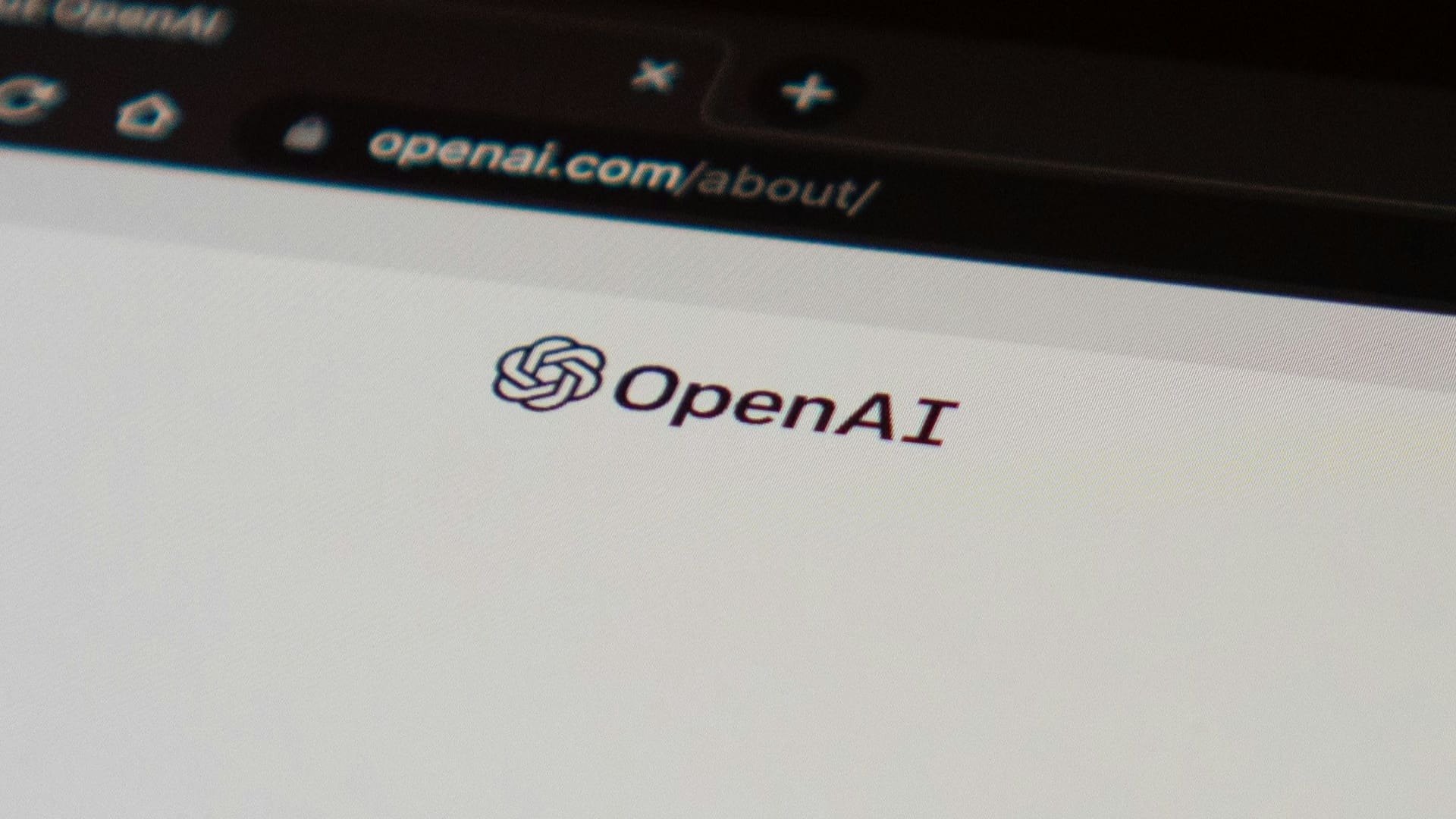- OpenAI this week published an economic blueprint for AI in America.
- It outlines steps that should be taken in order to make the US a global leader in AI development and deployment.
- The company says “chips, data, energy and talent are the keys to winning on AI,” and that the US “must win”.
Ever since OpenAI made its ChatGPT platform available to the public a little over two years ago, it has been leading the AI race as the likes of Google, Apple, Anthropic, and others have tried other keep pace.
OpenAI, however, wants to continue to be the global leader in consumer facing AI, and it is looking to the US government to help in that endeavour. To that end it recent published an economic blueprint titled AI in America (embedded below).
Described as a living document, it outlines the importance of the US in being the sole country to dictate the effective and ethical rollout of AI-powered technologies across the industry, but also why it is important for the US and OpenAI to be in control.
“We believe America needs to act now to maximize AI’s possibilities while minimizing its harms.
AI is too powerful a technology to be led and shaped by autocrats, but that is the growing risk
we face, while the economic opportunity AI presents is too compelling to forfeit,” explained Chris Lehane, OpenAI VP of global affairs, in the foreword.
He goes on to note that the US is at a crucial point in its continued economic development, likening the advent of AI to that of motor vehicles, and how making certain choices as regards massive investment, as being pivotal for the country to lead the AI agenda in the coming years and decades.
“Today, while some countries sideline AI and its economic potential, the US government can
pave the road for its AI,” he pointed. Lehane highlighted three specific areas for the US to focus on:
- Continue the country’s global leadership in innovation while protecting national security,
- Make sure we get it right on AI access and benefits from the start,
- Maximize the economic opportunity of AI for communities across the country.
As TechCrunch points out, some 700 AI-related laws have been drafted or implemented during last year by lawmakers in the US, but no unified strategy exists. OpenAI is calling for that to change, along with wanting to work more closely with the US government to make that happen.
Given the incoming US President, Donald Trump’s, ties with Elon Musk, who has already come at odds with OpenAI, it remains to be seen if that will happen, but it looks like the company’s leader will be aiming to make some inroads.
“Our CEO will be kicking off this work with a gathering in Washington, DC on January 30 to preview the state of AI advancement and how it can drive economic growth,” shared Lehane.
In order to court support from the government, OpenAI is seemingly using both the stick and carrot, using both the ever-looming threat of Chinese dominance and untapped revenue as aspects worth highlighting.
“Chips, data, energy and talent are the keys to winning on AI – and this is a race America can and must win,” the economic blueprint featured.
“With an estimated $175 billion sitting in global funds awaiting investment in AI projects, if the US doesn’t attract those funds, they will flow to China-backed projects – strengthening the Chinese Communist Party’s global influence,” it added.
As Donald Trump prepares to be inaugurated as the 47th President of the United States on 20th January 2025, OpenAI wants to ensure that the roadmap for both its success and the country’s dominance in the burgeoning AI industry is well defined.
“In the same way the federal government helped clear the way for the nascent automobile industry to grow, including by preempting a state-by-state tangle of roads and rules, it should clear the way for the AI industry’s development of frontier models to best ensure that they promote US economic and national security,” the blueprint posited.
“To be clear, by ‘frontier models,’ we are referring to the most state-of-the-art large language models that lead on capability benchmarks. Responsibly exporting these models to our allies and partners will help them stand up their own AI ecosystems, including their own developer communities innovating with AI and distributing its benefits, while also building AI on US technology, not technology funded by the Chinese Communist Party (CCP),” it continued.
With the outgoing Biden-Harris administration also looking to secure greater control for the US in how AI-focused hardware is distributed globally, it looks like the United States is preparing to not just win the AI race, but own it too.

